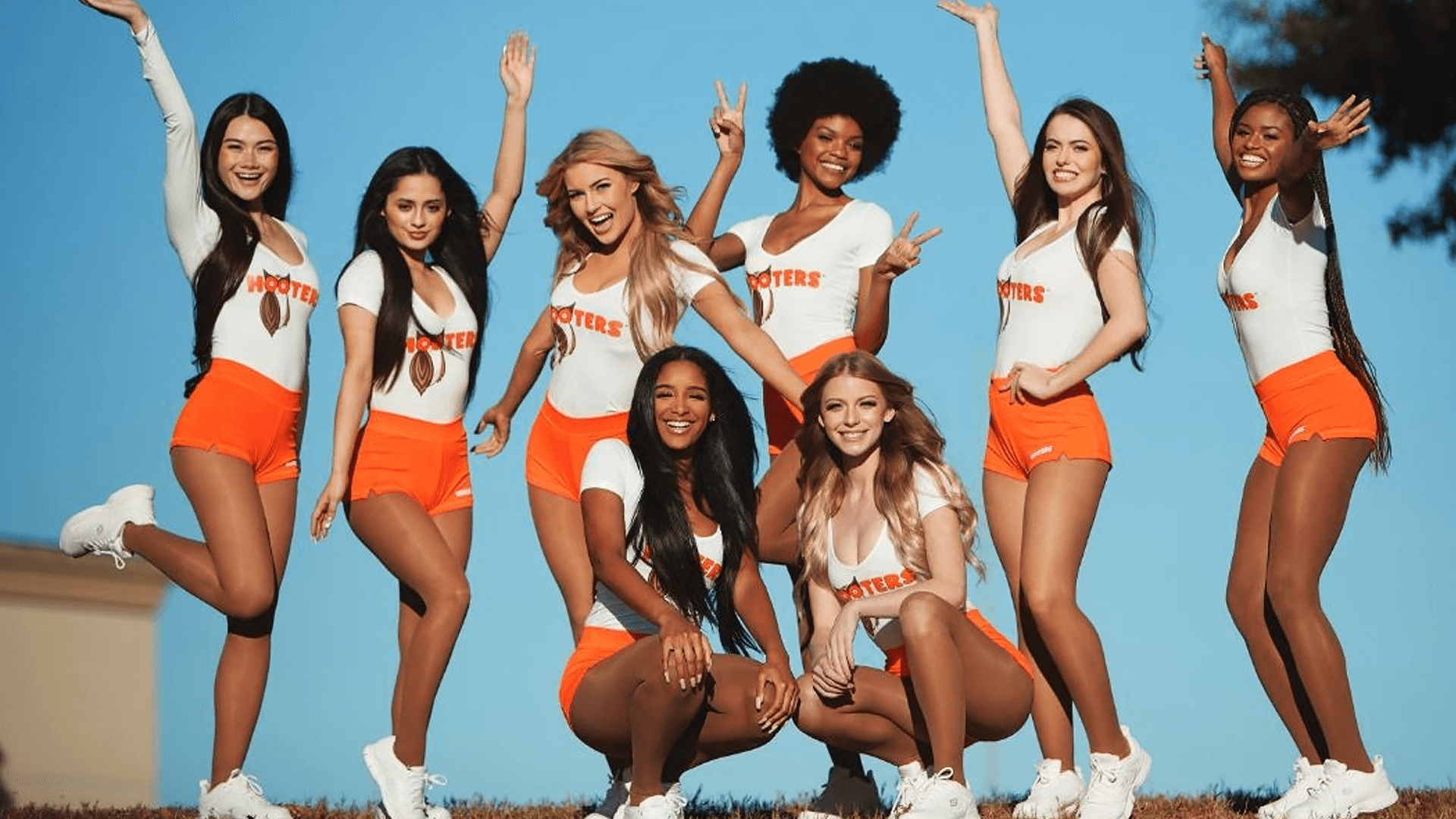The once-iconic restaurant chain has filed for bankruptcy protection amid financial struggles and shifting attitudes.
For decades, Hooters stood as a monument to a very specific strain on American masculinity – one that thrived on beer, buffalo wings, and a carefully cultivated, PG-13 version of objectification.
The chain, founded in 1983, transformed the archetype of the all-American girl-next-door into a commercial entity, selling food and the fantasy of female sexuality. But decades on, and the brand is drowning in debt. Hooters announced it was filing for bankruptcy protection last week, amid declining sales, cultural shifts, and the rising cost of living which has driven away consumers.
Its downturn is a cautionary tale for an industry squeezed by rising costs and changing tastes, but it’s one that was a long time coming.
With inflation driving up food prices and disposable incomes stretched thin, fewer people are opting for mid-tier casual dining chains. Those who do want cheap, indulgent meals are choosing fast-casual alternatives, while others are cutting restaurant spending altogether. But on top of these mounting obstacles, Hooters has also suffered a years-long identity crisis.
Its struggle is just as much about culture as it is about capital. In an era where consumers are increasingly attuned to issues of gender politics and workplace ethics, the company’s entire premise has begun to feel anachronistic. While Hooters has attempted to shed its more overtly sexist reputation – canceling its popular bikini nights in favour of a more ‘family-friendly’ image – this balancing act has only made the brand appear unsure of what it wants to be.
This very public flip-flopping between ‘striving for political correctness and wooing female diners and, on the other, trying to keep up with the sexual desires of its male customers,’ has left the brand in a state of limbo, writes Annie Joy Williams.
And while many would argue that a post-Me-Too culture leaves no room for a provocative chain like Hooters, Williams suggests that this middle-ground is doing more damage than a full-throttle gear shift into sexual territory ever could have.
Competitor brands like Twin Peaks, a similar chain founded in Texas in 2005, has doubled down where Hooters has lost its way, taking the original formula of scantily clad waitresses and turning up the volume. Think even skimpier uniforms, and on select days, food served in lingerie. It’s working, too. Twin Peaks is planning multiple new location openings while Hooters flounders.
As restaurant analyst Jonathan Maze put it, brands rarely succeed when they try to be something they’re not. The Hooters Girl was once the brand’s main attraction, but if she no longer fits into modern cultural appetites, then what remains? Nostalgia alone is not a business model, and Hooters seems to have learned that lesson too late.




















